Introduction
The Japanese tea culture has a history of 1200 years, and since the 19th century, with the opening of Japan to the rest of the world, small quantities of Japanese green tea have been delivered to the rest of the world. In recent years, the demand for green tea overseas has increased, and this is a very welcome development. However, it is becoming increasingly difficult for tea farmers to secure labor and successors. ROCKPINE is committed to supporting tea farmers, securing arable land for production, product development, and export sales with the farmers.
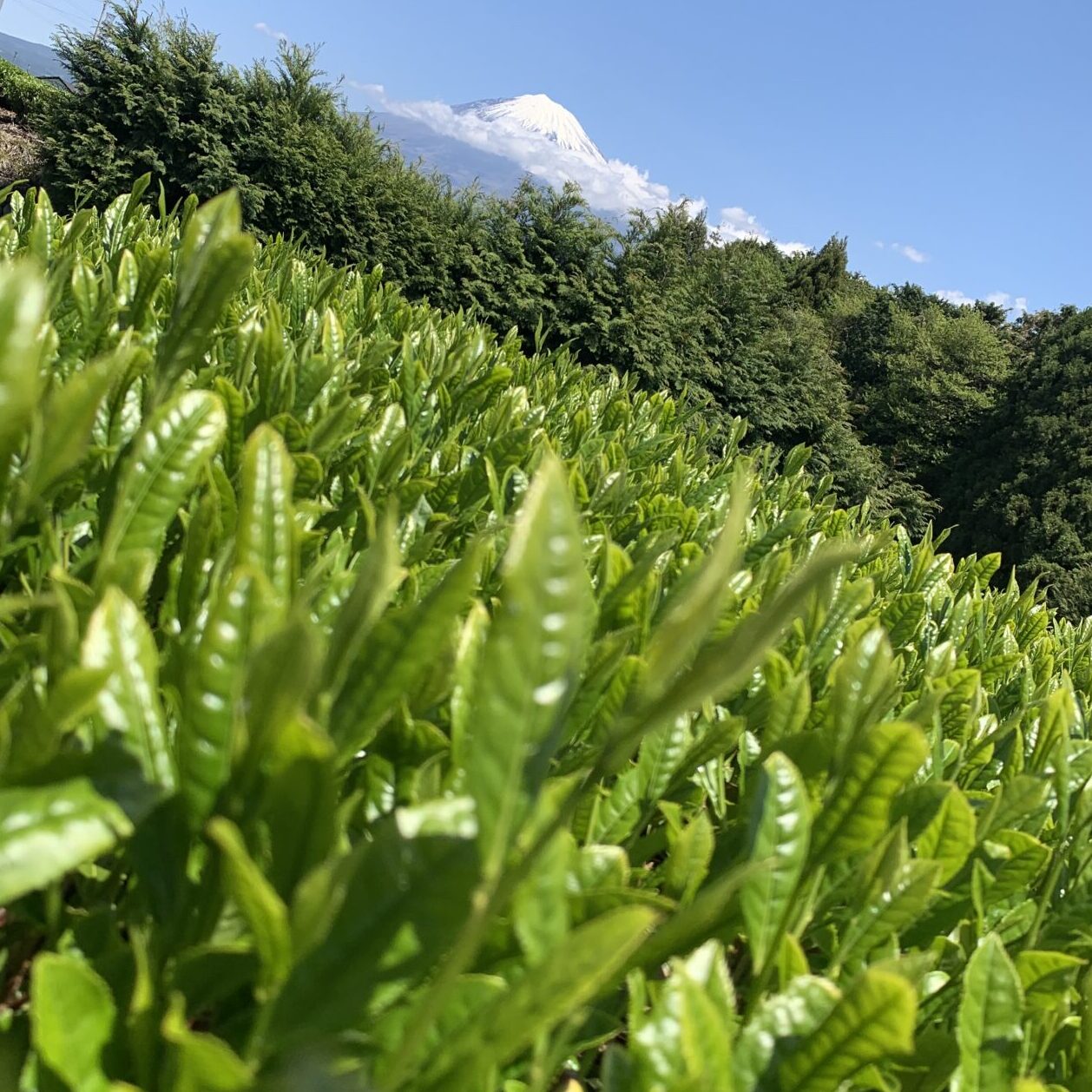
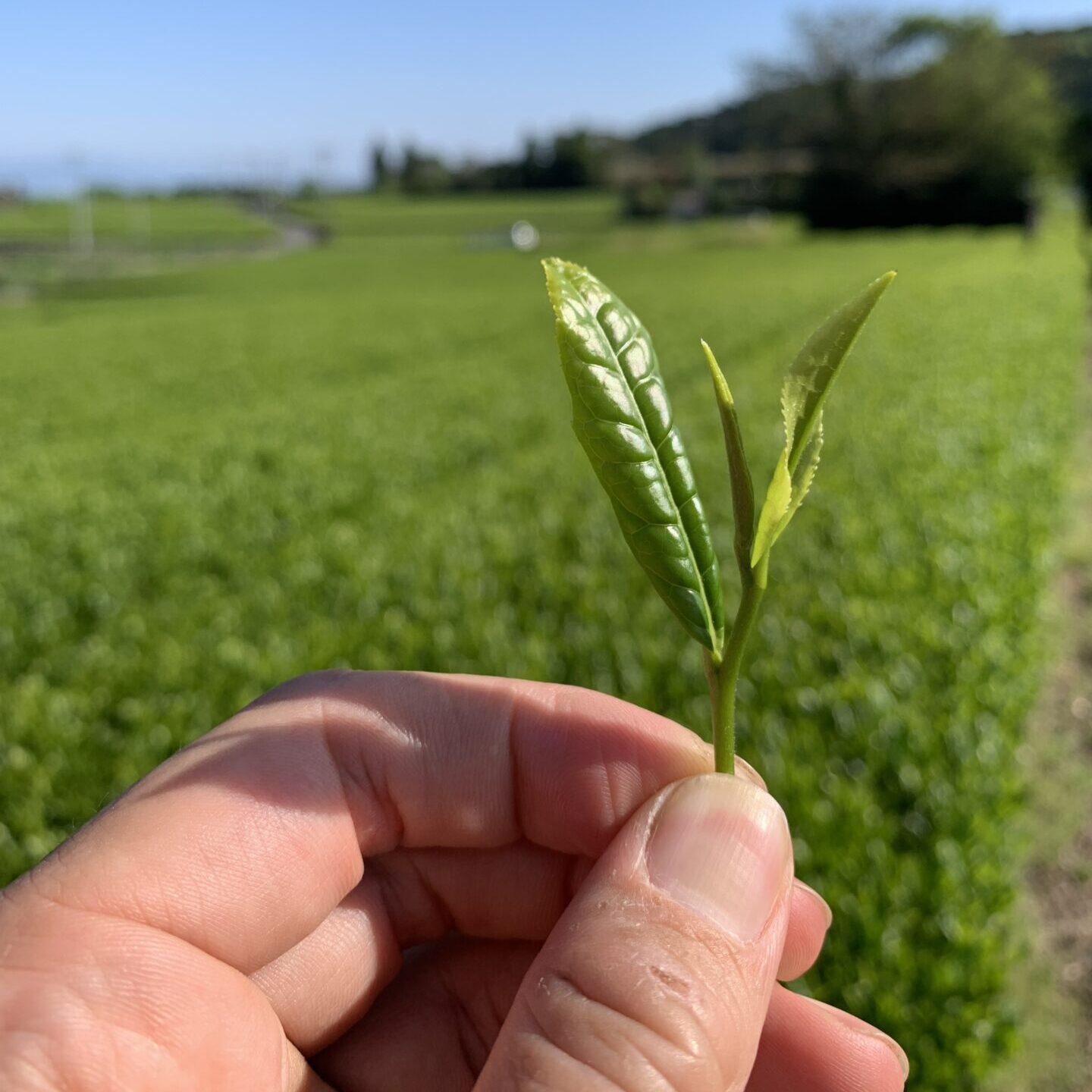
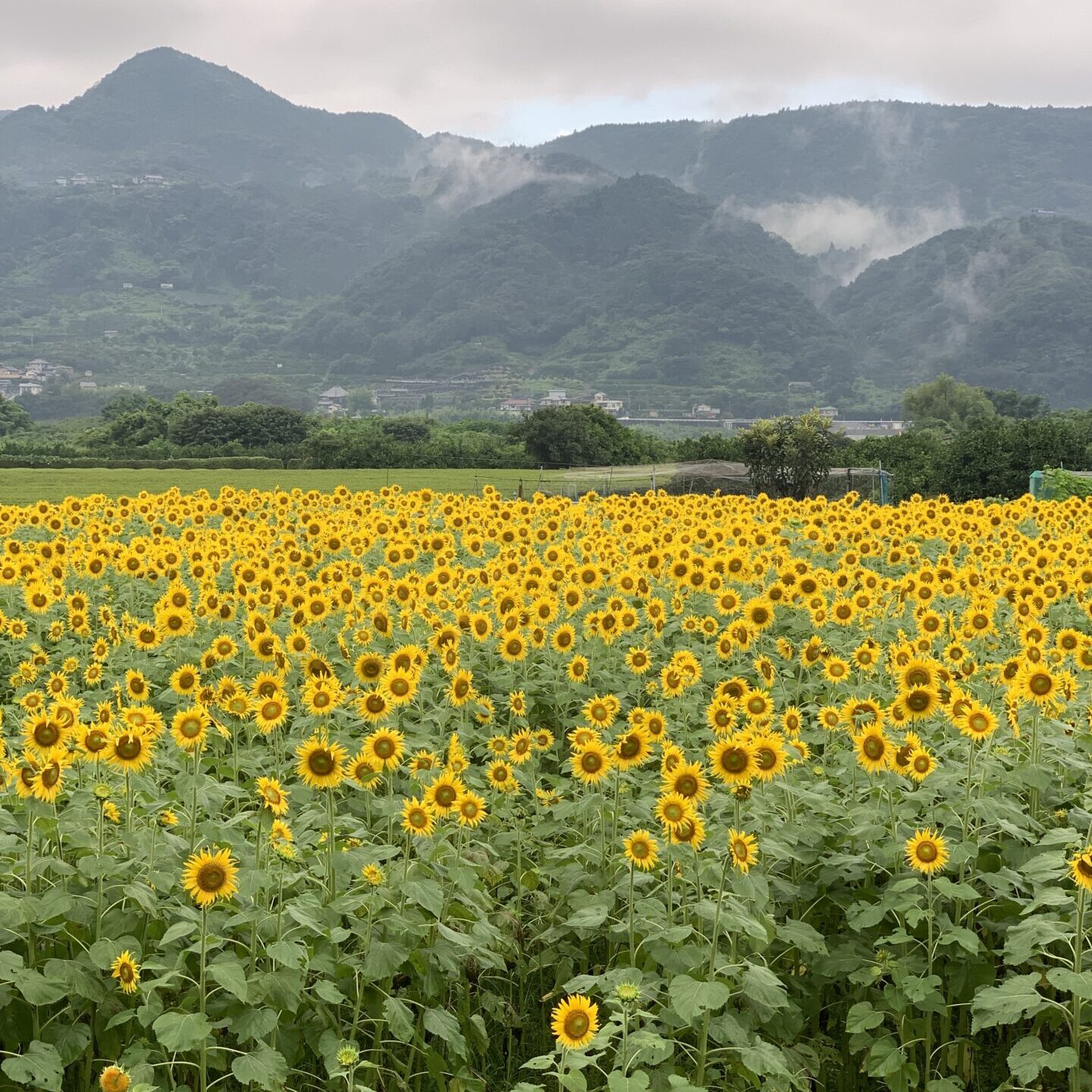
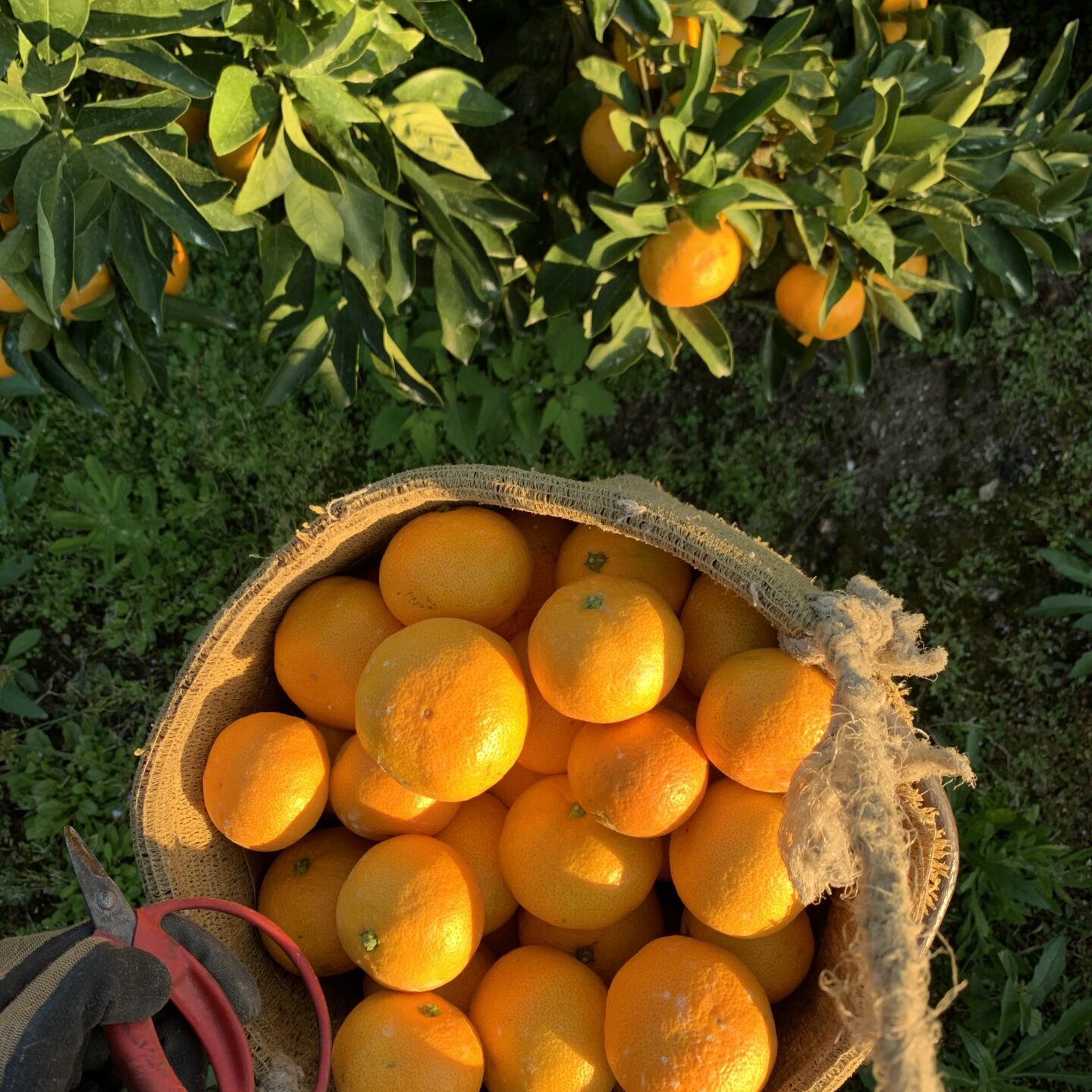
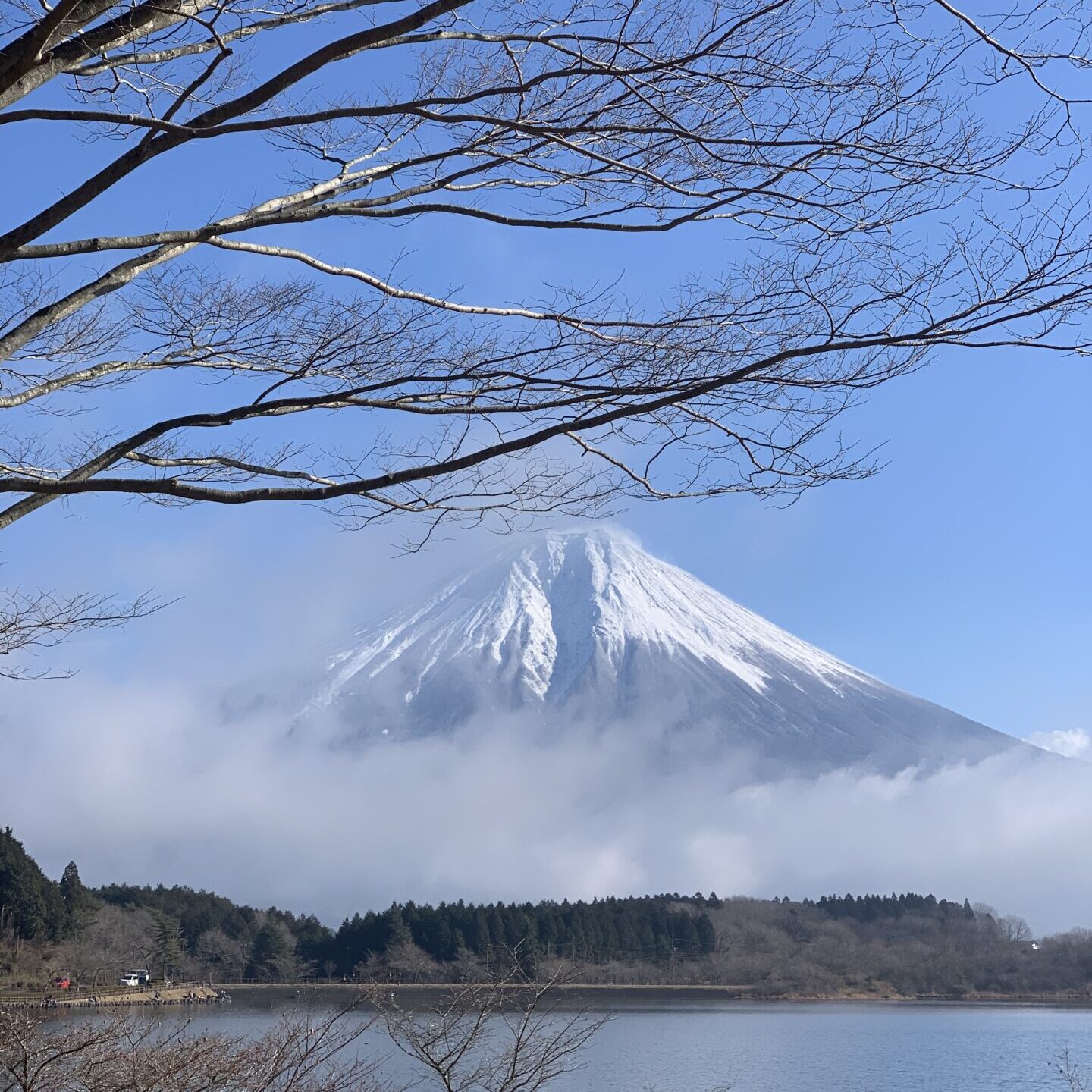
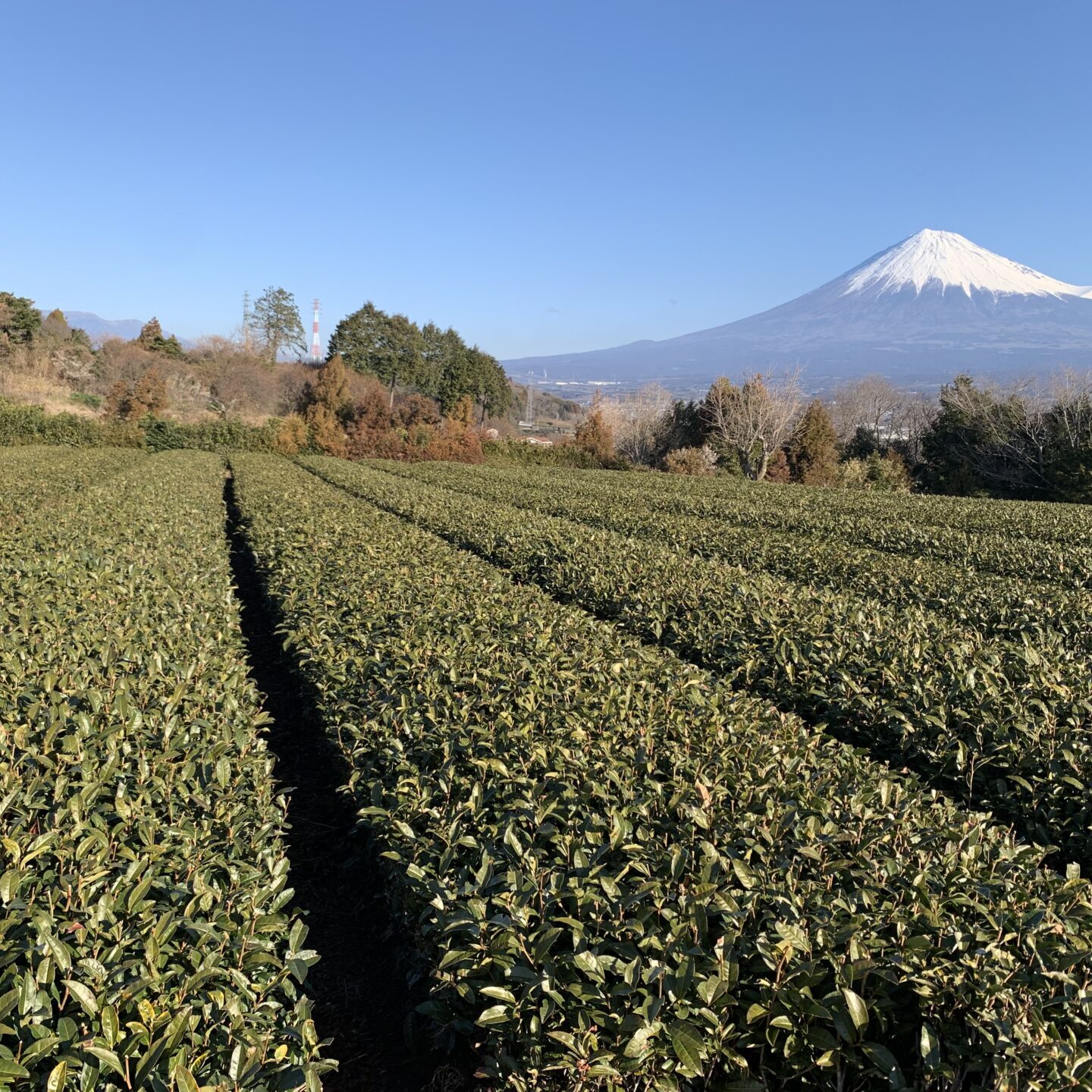
Current status
Development of high quality tea production
Development of high-precision processing technology.
Based on the development of products that suit our lifestyle, we are now able to offer the following products to our customers.
- traditional tea leaves
- powdered tea leaves
- concentrated tea powder and Concentrated liquid
OUR MISSION & GOAL
The goal is to maintain, improve, and evolve the long-standing tradition of Japanese Green Tea.
Preservation and improvement of tea cultivation at the foot of Mt. FUJI Production, processing, and exporting with group members in each category, and to be a leader in delivering Japnese green tea to the world.
HISTORY
Historical Transitions Over the Last Thousand and Two Hundred Years
The transition from being a medicine for the nobility to a uniquely Japanese culture occurred first.
After a long process of improving production techniques, a revolutionary tea processing method was developed in the Uji region of Kyoto, resulting in the production of green tea as we know it today.
This advancement made Japanese green tea famous for its green color, a rarity in the world. This has made it possible to increase production.
The unique tea culture of Japan has had two significant aspects: Zen and tea manners since the Samurai period, and the spread of tea from the Shogun to Edo (Tokyo) and the rest of the country.
[Culture and manners of the nobility Transition to drinks for general]
[Successful primary processing of greener tea using the Uji process developed in the 18th century resulted Mass Production of Tea]
Our journey will continue to improve cultivation methods, product processing, and the development of products that make it easier for everyone to enjoy tea.
Rock Pine Inc. Product development and overseas exports with the following groups
Japanese Tea Growers
Primary Processor
Tea Blend Management and Supervision Company
Packaging Company
Export logistics companies
Overseas Marketing & Distribution Joint Venture
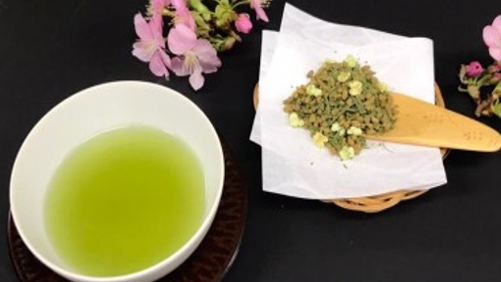
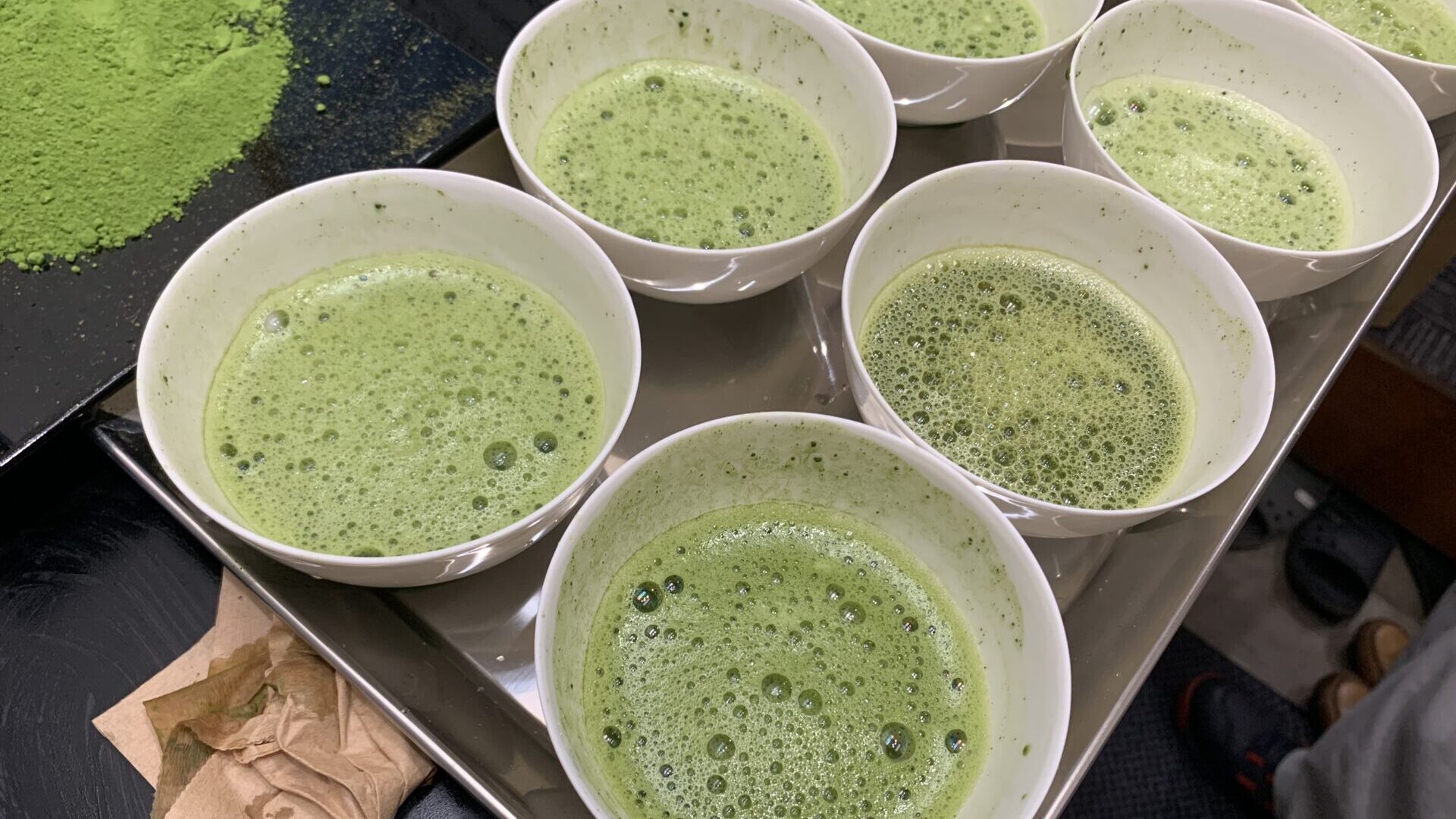
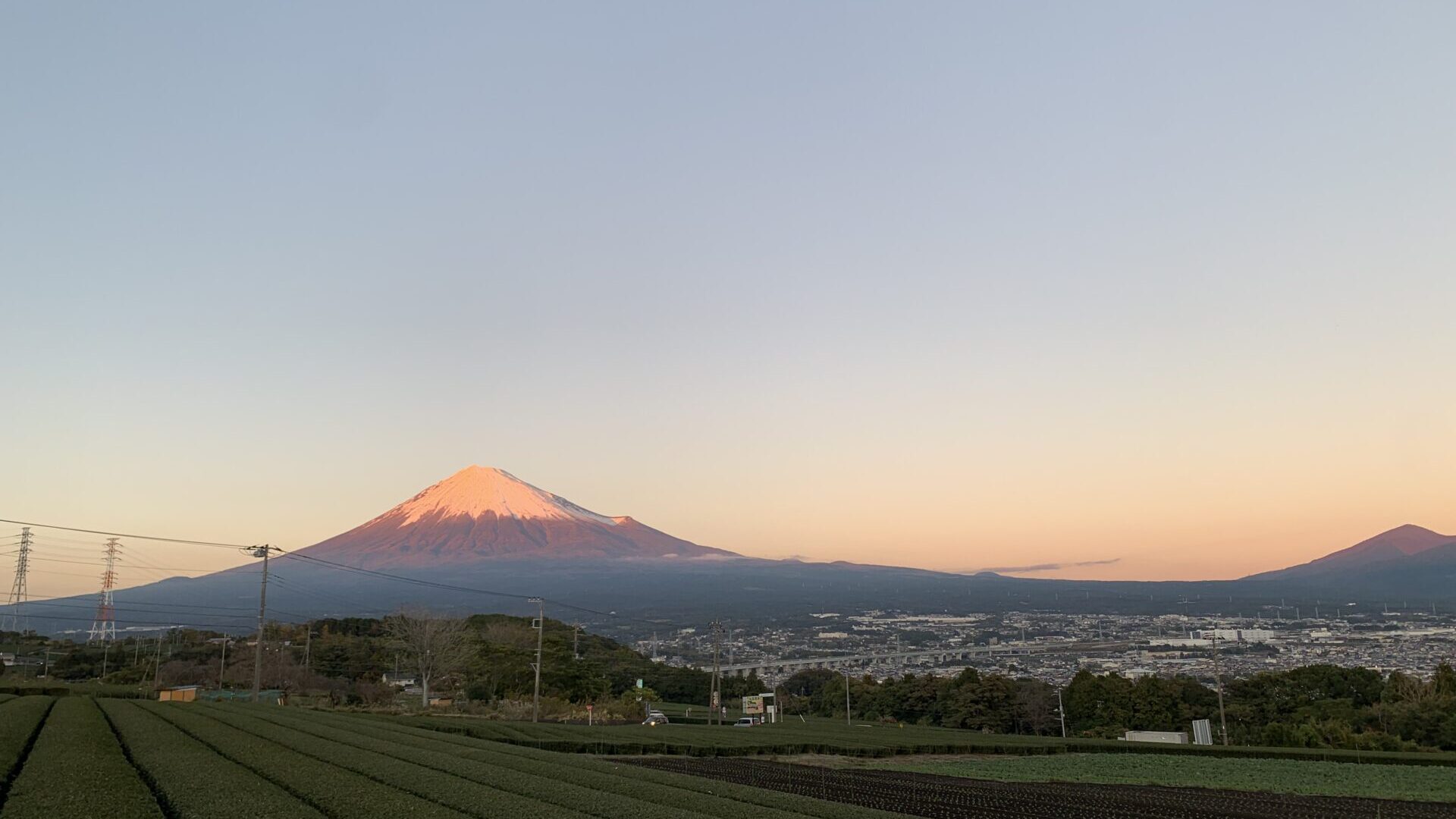
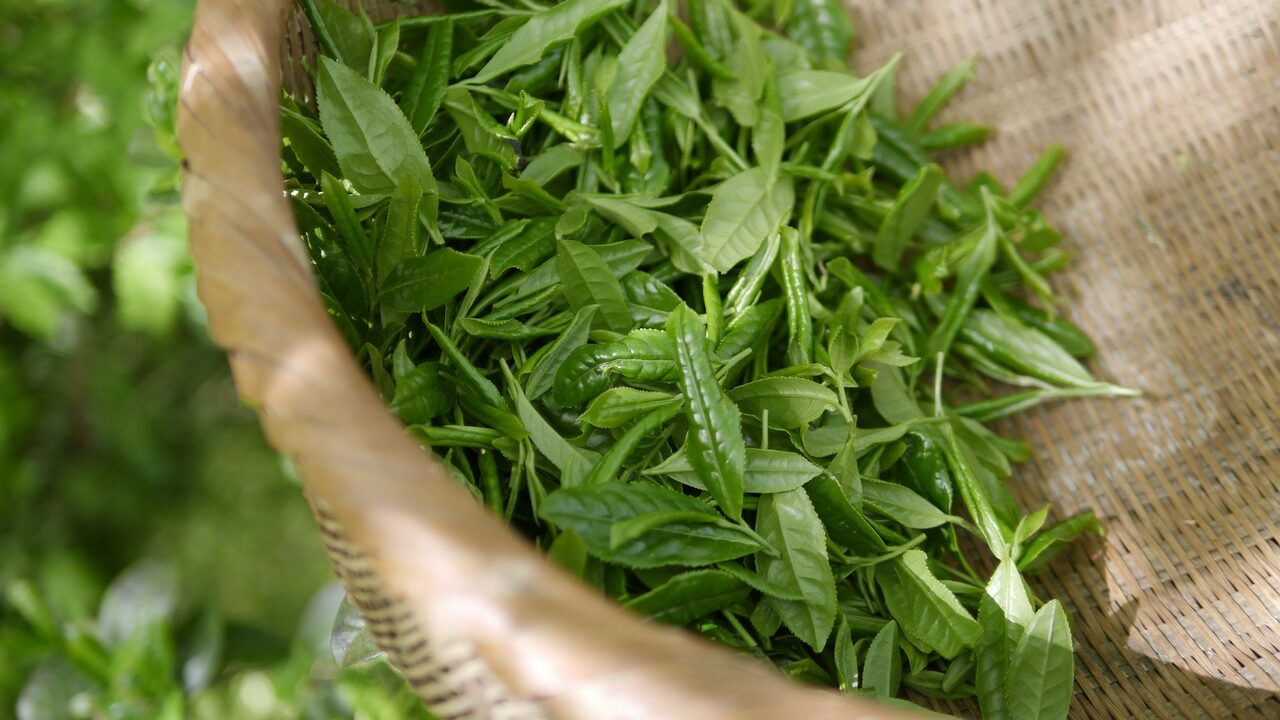
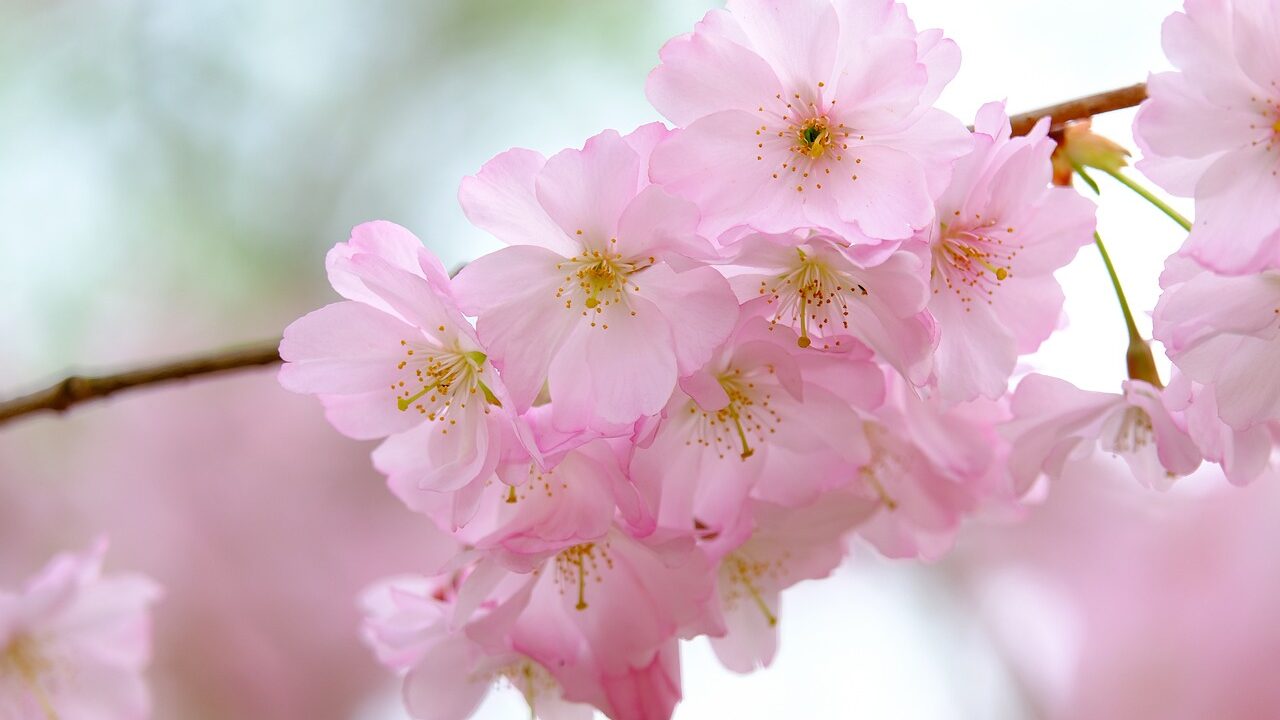
TRIVIA
Kyoto and Tokyo
Kyoto is the capital where the emperor and nobles reside.
Tokyo is the capital of the Samurai (Shogun) in the east. It is the actual capital of the so-called Samurai period.
Edo (Tokyo), with the largest population in Japan even at that time, had a great demand for tea, which is why its production area increased in Shizuoka.

